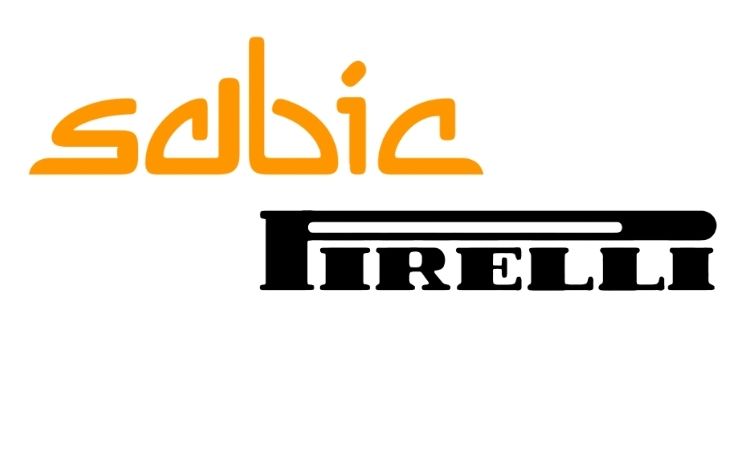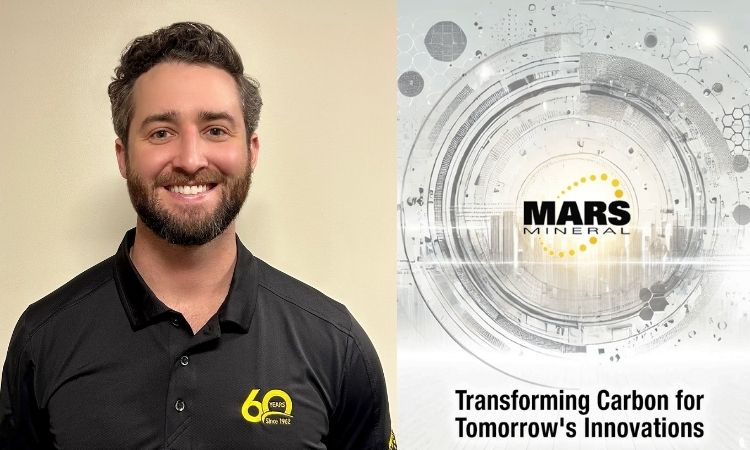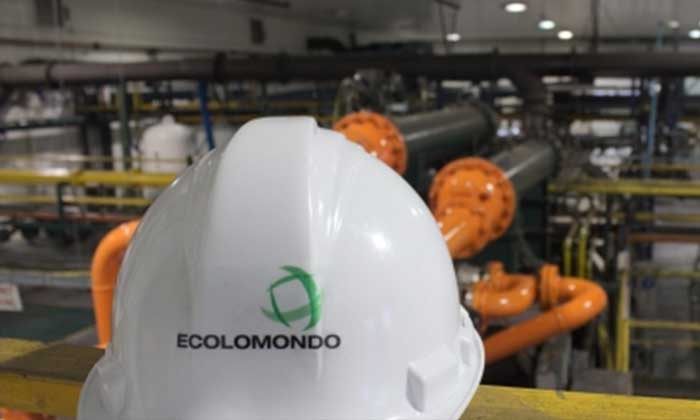ECHA’s Committee for Risk Assessment supports restricting uses of microplastics
According to recent news from the European Chemical Agency, (ECHA), its Committee for Risk Assessment (RAC) supports restricting the use of intentionally added microplastics while recommending more stringent criteria for biodegradable polymers. The Committee for Socio-economic Analysis (SEAC) agreed on its draft opinion, which will soon be available for consultation.
Below, we quote the original article. The full article can be found at Cosmetic OBS or in the Tyre & Rubber Recycling magazine.
RAC has adopted its opinion on ECHA’s proposal to restrict the use of microplastics that are intentionally added to products on the EU/EEA market, in concentrations of more than 0.01 % weight by weight. The proposal was considered appropriate for reducing releases to the environment.
In its opinion, the committee recommended the following:
Biodegradable polymers: ECHA’s proposal set out specific test methods and pass criteria for identifying biodegradable polymers, which are excluded from the restriction. RAC wanted to see greater evidence that microplastics are biodegradable in the environment (e.g. soils, marine environment, freshwater).
Use of microplastics as infill material on artificial turf pitches: RAC recommended a complete ban after a transition period of six years as there was incomplete information on the effectiveness of risk management measures. A ban would also be more effective than risk management measures in preventing environmental releases in the long term.
The definition of ‘a microplastic’: ECHA proposed a lower size limit of 100 nanometres for a microplastic as analytical methods for detecting microplastics in products (i.e. mixtures) are still in development. RAC recommended that a lower size limit is not necessary as the potential restriction can also be enforced in other ways, such as by looking at raw materials in supply chains.
ECHA’s Committee for Socio-economic Analysis (SEAC) agreed on its draft opinion on the costs and benefits of this proposal for society. SEAC supports the wide scope of the proposal and the transition periods for different product groups to give companies time to prepare. Although the benefits cannot be assessed in monetary terms, the cost-effectiveness of the proposal can be estimated. It noted that microplastic pollution is irreversible and that early action to reduce emissions can be beneficial for society.
For practical reasons and to ease enforcement, SEAC recommends a lower size limit of 100 nanometers until suitable analytical methods are available.
SEAC also noted that risk management measures to contain synthetic infill material on artificial pitches cost less than a complete ban, but a ban would be more effective in preventing releases in the long term. Based on the available information, the committee does not prefer one option over the other.
Steps to follow
A 60-day consultation of SEAC’s draft opinion will start soon. The consolidated opinion of both committees is expected to be ready by the end of 2020. The decisions on REACH restrictions are taken in the European Commission by the EU Member States and scrutinized by the Council and the European Parliament.
Background of the story
In January 2019, ECHA proposed a wide-ranging restriction on intentional uses of microplastics in products placed on the EU/EEA market to avoid or reduce environmental pollution. Currently, the releases of intentionally added microplastics in the EU/EEA are estimated to be around 42,000 tons a year. Additional releases from infill material used in artificial turf pitches could amount to 16,000 tons per year. The proposed restriction would prevent more than 90 % of these releases, or 500 000 tons of microplastic releases over a 20-year period.
The restriction proposal was developed in the context of the EU Plastics Strategy, which aims at circular plastics economy and contributes to reaching the 2030 sustainable development goals, the global climate commitments and the EU's industrial policy objectives.
For the full article, please navigate to Tyre & Rubber Recycling magazine or Cosmetic OBS.
Weibold is an international consulting company specializing exclusively in end-of-life tire recycling and pyrolysis. Since 1999, we have helped companies grow and build profitable businesses.









